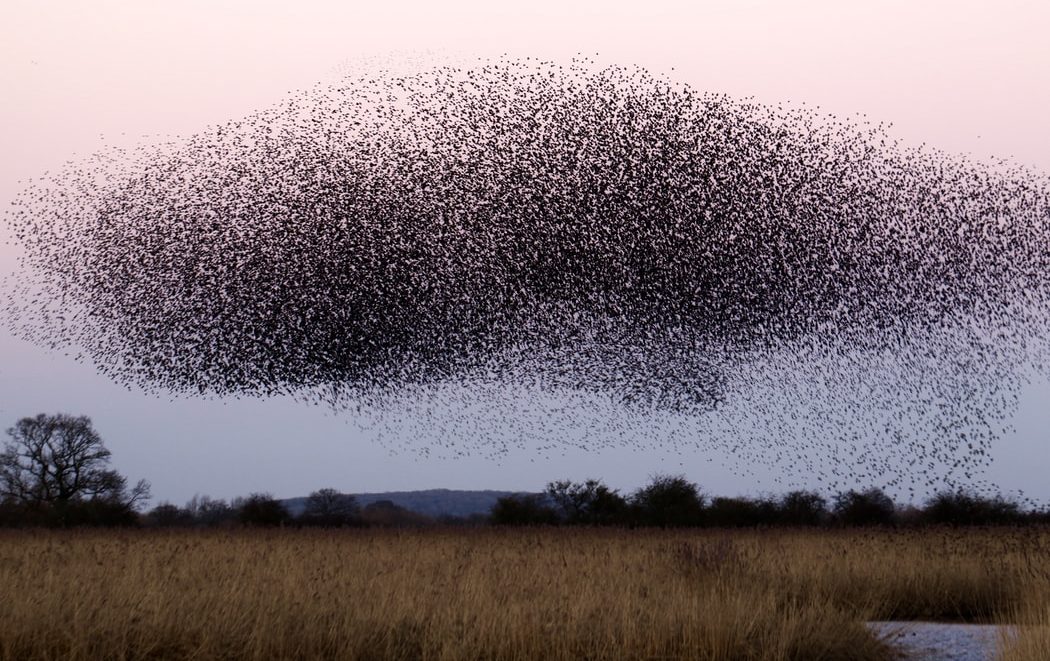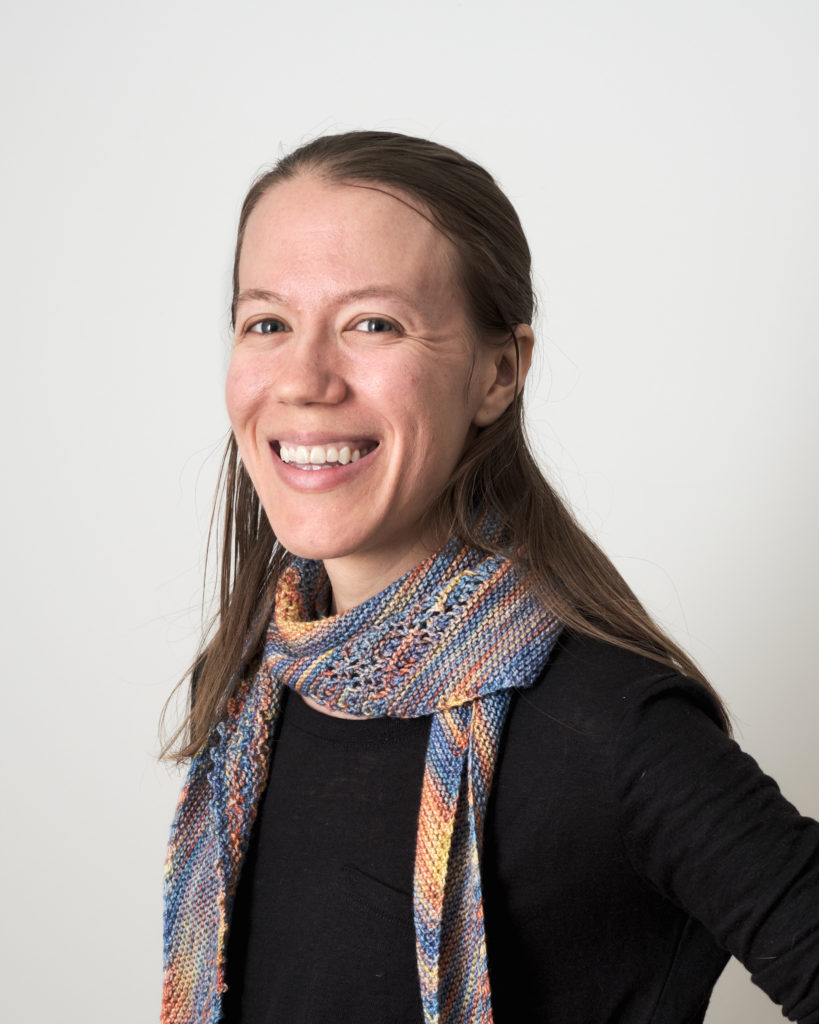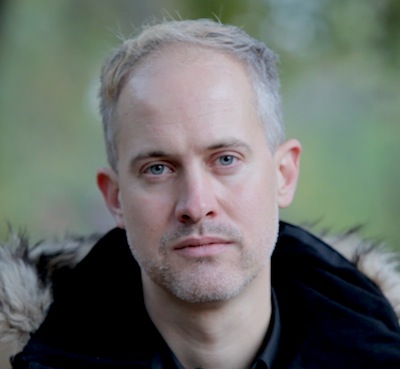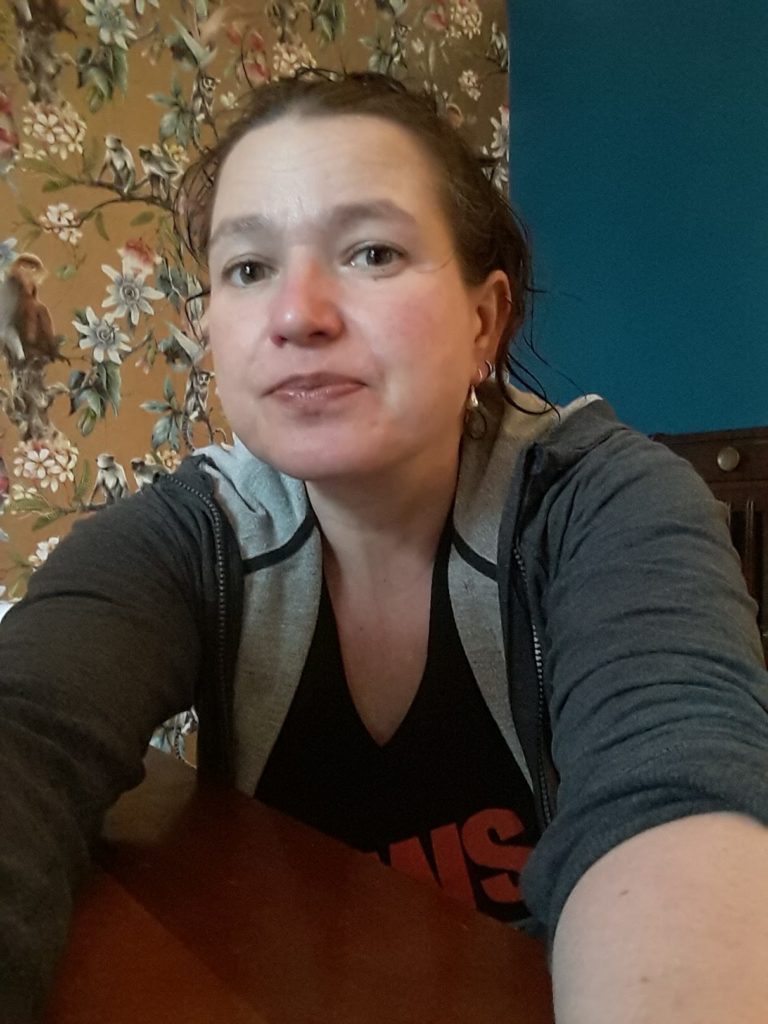
Interview by Tanvi Bhatia
We’re thrilled to introduce to you our 2020 Jacob Zilber Prize winners. This year’s winners, chosen by contest judge Kristen Arnett, brought us into three distinct spaces imbued with loss, neglect, and longing. In each story, boundaries are outlined and permeated—the outside world comes in, curtains are drawn, bodies appear and disappear—and we are challenged in our understanding of space versus place versus home. You can read all three stories in our Summer issue, 58.4. (Pre-order it here or subscribe here!)
Grand Prize Winner
Kate Finegan – “Bears and Other Beasts”

How did you find the story behind your piece?
As with so many stories, the initial idea was quite different from the final product. I live in a first-floor apartment in which all the windows are eye-level with the top of the building’s garage, so while washing the dishes, I often watch pigeons and squirrels on the roof. There’s also the occasional raccoon, and once, I woke up to hear what I’m pretty sure was a raccoon scratching at my bedroom window. I imagined the crafty animal somehow moving the A/C unit to climb into my room.
I’m fascinated by the ways in which our safe, supposedly controlled, spaces can be ruptured—the way the outside can come in. So, I began imagining a dreamlike, fairy tale sort of story, in which a young girl is home alone when a tree crashes through her bedroom wall. I imagined rain pouring through the hole and a raccoon, bear, or some other creature becoming her companion. Elements of that are still here, particularly the permeability of place, but the idea evolved quite a bit along the way as I got to know this character better. Coincidentally, Kristen’s Arnett’s story “The Locusts” helped me to find the edge of fear in this one and also helped shape the ending. Her short fiction has taught me so much about atmosphere and tension.
Where do you do most of your writing?
I’m a morning writer, primarily. I wake up, make a cup of coffee, and sit down with my notebook at the kitchen table. I love the morning because my editorial brain isn’t turned on yet; I can write more freely. When I’m working on a project, I’ll often write a prompt at the top of the next page before going to bed at night, so when I wake up in the morning, I know exactly what I want to explore. This is how I wrote a first draft of my current novel project in forty days—by tricking my morning brain into doing the work for me.
What’s a place you’d like to return to?
In my writing, I am always going back to my family’s farms in the Driftless region of Minnesota and Wisconsin. My parents grew up on these farms, so they’re rich with history. One farm in particular has been in the family since the mid-1800s. It’s one of those magical, haunted-in-a-friendly-way places where no one has ever moved out and fully cleared the space, so you can go into these old buildings on the property and find bits of history. Growing up, I spent every July on these farms—sweating, playing, exploring—and while I still go back to the physical spaces, those childhood memories are a place I can only visit in my mind. They are always leaving their fingerprints across my pages.
What’s your editing process like?
My editing process varies from piece to piece. Some pieces go through 20 drafts; others go through two or three. I have five versions of this one on my Drive. Generally, my editing process involves working with the piece in different modalities. I always print it out and read it with pen-in-hand. I frequently print it one-sided and physically cut the story apart and put it back together again in different order, and it’s always pretty satisfying to get to crumple up a part that isn’t serving the piece and recycle it. I read aloud a lot. I’m obsessed with getting the rhythms of the sentences right, so I read each piece aloud many times before submitting. I also write a lot in the revision process. Freewriting helps me to figure out where the piece should go and what’s working or not working; it helps me understand my characters, setting, atmosphere, and imagery. Sometimes I even put the story away and start anew. My editing process is quite generative. And then after I’ve made story bigger, I go back and cut out anything superfluous. I take weird pleasure in that.
What are you working on at the moment? Where can we find your work next?
I have a hybrid prose poetry/flash fiction chapbook entitled Ablaze coming out with Sonder Press in the fall. It deals with a family stuck inside in a time of environmental catastrophe, which now feels familiar, but I wrote it pre-COVID. Otherwise, I am working on a novel set in the 1920s American West, which deals with truth, lies, family, and the act of storytelling by borrowing strategies and forms from memoir.
First Runner-Up
Joseph Pearson – “An Iconostasis”

How did you find the story behind your piece?
I first drafted “An Iconostasis” in 2017, after a visit to Chania with my family. I completed it in 2020. Like many large islands (Britain, Honshu, etc.), Crete is both culturally insular and rarefied; something suggested by Chania’s Venetian harbour, its ancient breakwater, and its defensive relationship to the sea. Family life is traditional and it’s not an easy place to be queer. I fantasized about how those defence mechanisms could be broken down and what secret sexual life might be behind them.
Where do you do most of your writing? What’s your editing process like?
I write well on trains, ferries, and planes. I’m not the ‘room of one’s own’ type in the first phases of my writing. Being on-the-go neutralizes something antsy in me. Travelling in a challenging environment, one that kicks me out of my habits, also yields a lot of raw material. Confronting difference activates ideas; makes me reactive. All that said, when the time comes for the next stages––refining and editing the raw material––I need concentrated alone time. The detail work most likely happens in bed, on the sofa, or at the kitchen table. I rarely write at a desk.
It often takes me several years to get a story ready because I like to put the first draft into a drawer for as long as it takes to forget about it. I then come back fresh to fix the mess I’ve made.
What’s a place you’d like to return to?
During the COVID pandemic lockdown––when I couldn’t travel––my dreams distilled for me those places I really missed. I’d wake in the middle of the night and yearn for faraway places in a way I haven’t since I was a queer teenager growing up in Northern Alberta, wishing to be somewhere else. Now that I live in Berlin, I often dream of Alberta: the Berg Lake Trail up Mount Robson; being in the mountain parks. Or I dream about the Aegean as seen from some rocky island. Or the Atlantic seawall of Cádiz, Spain. What all these places have in common is an immense view––certainly bigger than the one I get from my apartment window in a German city.
What are you working on at the moment? Where can we find your work next?
I have a few “canvases” I’m working on at the moment. In the genre of creative non-fiction, I am finishing my second book on how everyday objects can tell stories about the Second World War (my first published book was a portrait of the city of Berlin). I have poetry forthcoming in Prairie Fire. I am polishing a series of short stories about desire and ephemera in Mediterranean ports. “An Iconostasis” is one of those. Finally, I am collaborating with a composer and painter and have written the script for a video project on forgotten women scientists.
Second Runner-Up
Susie Taylor – “Vigil”

Where do you do most of your writing?
Most of the headwork of my writing gets done when I’m out running or walking my dog on the trails around my house. I do have a room with a desk, but mostly I write sitting on my bed in the same way I did my homework as a teenager.
What’s a place you’d like to return to?
I’m in my mid-forties and it is only the past few years I’ve been able to afford the luxury of travel. Since I moved to Newfoundland seventeen years ago, I have only left the island a handful of times to visit family in Ontario.
Last year, I went by myself for almost a month to Cascais, Portugal. I stayed in a down-at-heel resort hotel which offered me a view of the ocean. I walked and took public transit, people-watched and listened to conversations I could not understand. It was transformative. I felt like my brain was on fire. I hardly talked to anyone, but my mind was constantly ticking. I didn’t finesse anything, just pumped out rough drafts about small town Newfoundland, with its wind and harsh sun, as I sat in the gentle light of my hotel balcony and ate sardines from the can and drank ridiculously cheap grocery store Vinho Verde.
What was the last thing that made you laugh?
I went swimming yesterday morning and, even though it’s July, the water in Newfoundland is still freezing. My partner and I got in the water screaming and laughing at the shock and pleasure of the cold.
When did you first call yourself a writer?
This is such a difficult question. There is so much awkwardness in declaring yourself a writer. My previous profession was retail worker and I often feel like I’m missing the appropriate writerly credentials: an MFA, a publishing deal with a big name house, an agent, a Journey Prize listing. I have certainly included the word “writer” in my bio before, when I have had lit mag publications, but I think it wasn’t until I was holding my first novel in my hand last June that I felt comfortable claiming my writerly identity.
Kate Finegan is editor-in-chief of Longleaf Review, novel/novella editor at Split/Lip Press, and author of the chapbooks The Size of Texas (Penrose Press, 2018) and Ablaze (Sonder Press, October 2020). Her work has won The Fiddlehead’s short fiction prize and been runner-up for The Puritan’s Thomas Morton Memorial Prize. It has also appeared in Minola Review, SmokeLong Quarterly, Grist, Witness, and elsewhere. She lives in Toronto, where she is at work on a short story collection and a novel. Find her online and on Twitter.
Joseph Pearson, born in Edmonton, Alberta, is a writer and cultural historian based in the German capital. His city portrait Berlin was published by Reaktion Press in 2017. Pearson is the essayist of the Schaubühne Theatre in Berlin. He has published with literary journals such as The New England Review and AGNI and press outlets including the BBC, Newsweek, and Monocle Magazine. Having taught at Columbia University in New York City, he now lectures at the Barenboim-Said Academy, a peace project bringing together artists from the Middle East and North Africa. Pearson regularly presents on queer identities, for institutions such as the Goethe Institute-Canada/USA and on his blog, The Needle.
Susie Taylor is a queer writer who lives in Harbour Grace, Newfoundland and Labrador. Her debut novel, Even Weirder Than Before, was published in 2019 by Breakwater Books. She was the winner of the 2015 NLCU Fresh Fish Award for Emerging Writers and was awarded the 2018 Lawrence Jackson Writers’ Award by the Newfoundland and Labrador Arts Council. Her work has appeared in Geist, Riddle Fence, Room Magazine, RAWSIY II, and elsewhere.